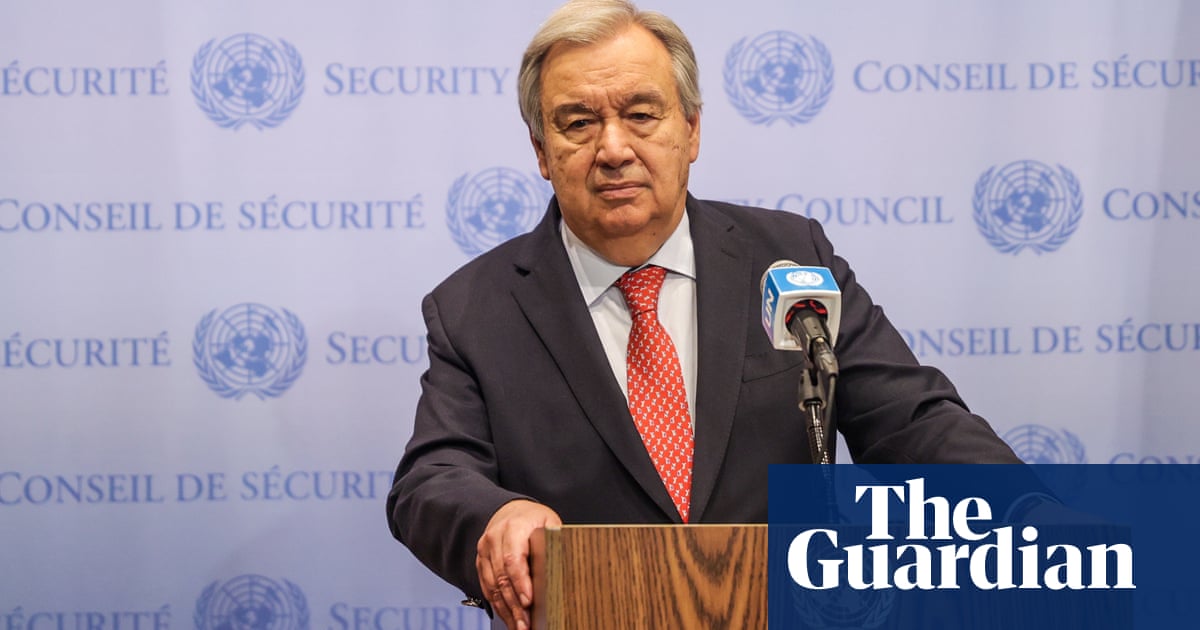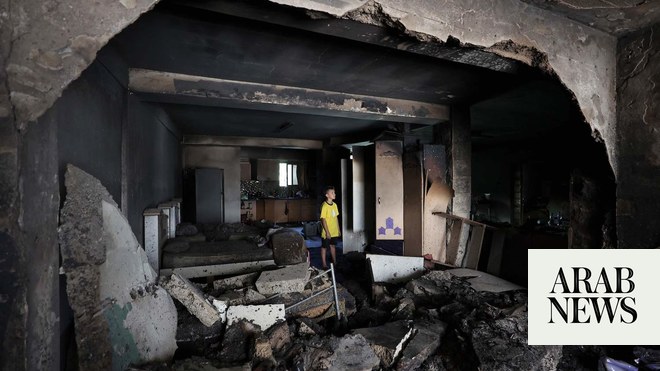
LIMA — Police in Peru used unnecessary and excessive force during protests in the capital last November challenging the legitimacy of the interim president, a report published on Tuesday by the UN Human Rights Office, OHCHR has found.
Officers did not distinguish between the mainly peaceful protestors and a minority who allegedly acted violently, according to the study.
The report is the result of an OHCHR mission to the Peruvian capital, Lima, from Nov. 17-22, 2020, at the invitation of the government.
It said police fired pellets from 12-gauge shotguns and tear gas canisters directly at people’s heads and upper bodies, indiscriminately and from close range. Two people were killed and more than 200 others, including passers-by, were injured.
Recognition ‘a first step’
“International law is clear: people have the right to peaceful assembly, and gatherings can only be dispersed in exceptional cases,” said Michelle Bachelet, UN High Commissioner for Human Rights.
She noted that lethal force could only be used against specific individuals to address an imminent threat of death.
Bachelet underlined that all allegations of human rights violations should be promptly, independently and thoroughly investigated. It was also important for the Government to publicly acknowledge that violations had been committed, she added.
“Recognition of wrongdoing is the first step towards accountability and avoiding repetition. The government has formed a commission to follow up on actions in favor of certain victims. However, it is essential that the police command also recognizes that human rights violations were committed,” the UN rights chief said.
Investigate all allegations
The report also concluded that people had been arbitrarily arrested and detained in the protests, while journalists and human rights defenders suffered threats and attacks.
“I truly hope that the authorities — both government and Congress — take the necessary steps to ensure law enforcement agencies conduct themselves according to international human rights norms and standards,” said Bachelet.
“The state must also uphold the right of the victims and their families to justice, truth and reparations, including non-recurrence.” — UN News












